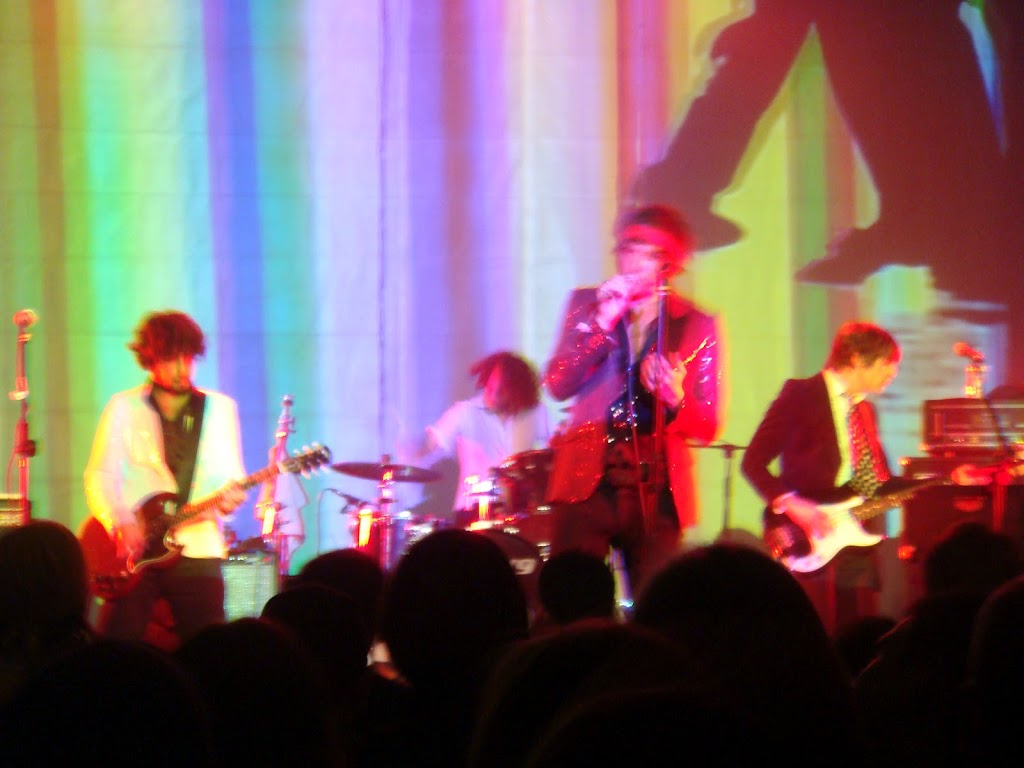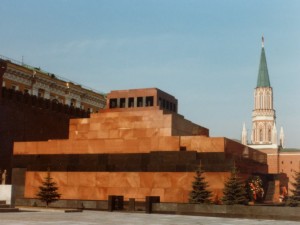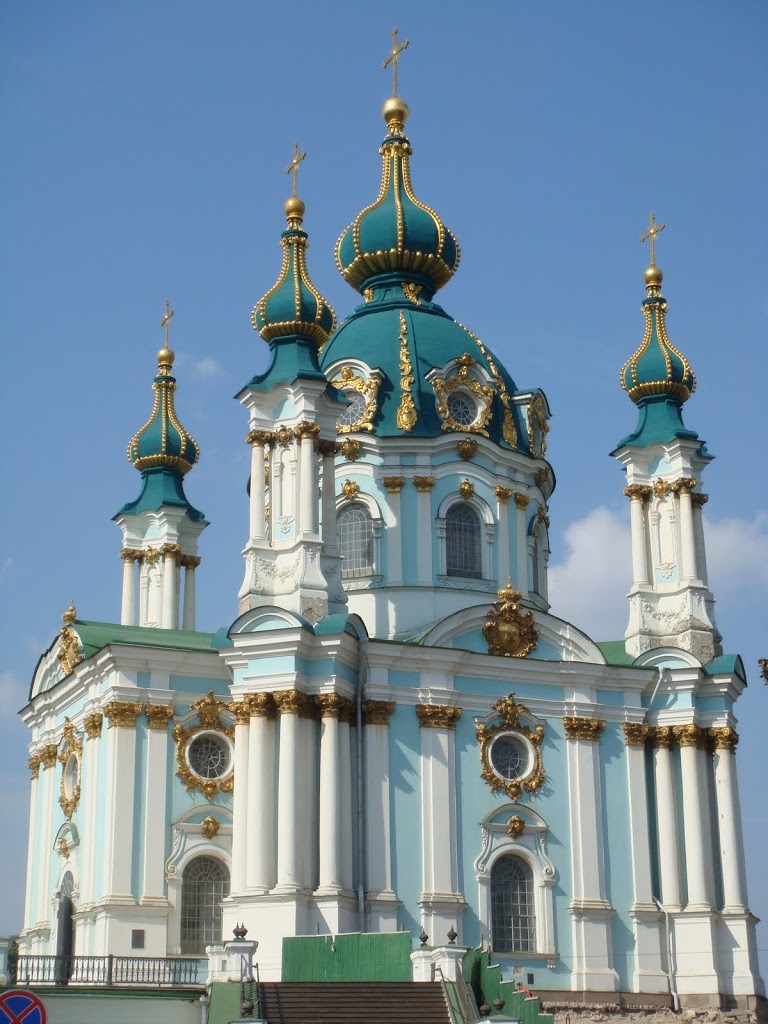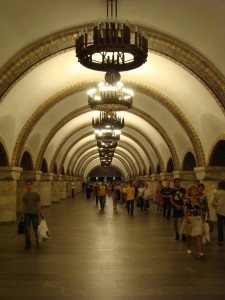In the Lonely Planet rundown of facts on Kazakhstan, it lists ‘oil, steppe, Borat’ as the key features of this Central Asian republic. I got a lot of Borat jokes when I mentioned to American friends that I would be visiting ‘his’ country. As I got closer, I started getting responses with a little more substance. Among the expat community in the Ukraine, for example, many people have been to Kazakhstan.
‘They’re great people over there,’ said an American diplomat I met, fresh off a two year tour in the country. ‘None of this Slavic tendency to depression, none of the southeast Asian urge to try and swindle you. Muslim hospitality, though they’re not terribly religious. You’ll have a ball.’
‘Almaty, the old capital, is as ugly as the Paris suburbs,’ said Guillaume, the French artist (see ‘Something there is that doesn’t love a mummy‘). ‘Great setting, with those gorgeous mountains in the south, but they’ve torn down all the pretty stuff and built horrendous apartment buildings.’
‘Almaty… great… clubs…’ mumbled a drunk English businessman.
I was going to Almaty to visit Emma, a classmate of mine from Harvard who is teaching at a university there. I loved the Ukraine but was definitely looking forward to a familiar face. Unfortunately, the border control had other plans for me. Despite the information on the Kazakh Embassy website and every guidebook and traveler forum I read that said you could get a transit visa at the border if you were staying less than five days, you cannot get a transit visa at the border even if you are staying less than five days. After 45 minutes in the country I was promptly deported back to Kiev.
I went to a pub near the Golden Gates, the historic point of entry into Kiev, with some people I’d met in my first few days in Kiev to wash away my frustration. We happened to run into the American diplomat who had raved about Kazakh hospitality and I told her about my experience.
‘Oh, I probably should have told you the border guards are total assholes,’ she said. ‘They turn away one out of every five Americans, I think just for fun. It was a total nightmare at the embassy. They would turn away dignitaries who had flown half way around the world.’
That might have been good to know, I thought, though I suppose it wouldn’t have made much of a difference. At least I was in good company.
‘Everyone else is great, though, really, you must go back,’ she said. I hope I will have another chance. The flight (with eventual destination of Istanbul) was the last one I booked with the money from my job in China at the beginning of the summer. It may be time for a reality check. But first there’s Istanbul.
Share this:






